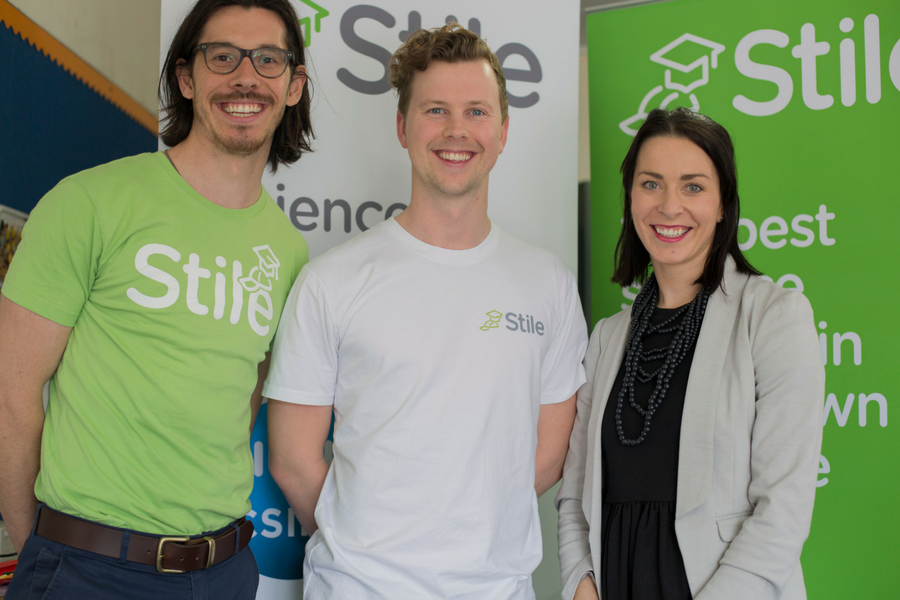As many new jobs for the future will require STEM skills to some degree, edutech startups are working hard to promote new learning styles in schools around Australia.
According to research from the Australian Council for Education Research [ACER], 75 percent of the fastest growing occupations will require STEM skills. However, teaching these skills is becoming a key challenge for primary school teachers in particular, who face difficulty themselves around becoming proficient and confident.
Most teachers are known to talk between 80 to 90 percent of the time, however research from ACER indicates that students learn more when teachers talk for only 50 percent of the lesson. To explore lesson content more independently and shift the focus off rote or repetitive learning is Melbourne edutech startup Stile.
Launched in 2014 by Australia’s now-chief scientist Alan Finkel, Melbourne edutech startup Stile looks to replace textbooks with digital platforms for students to engage with content in a way that makes more sense to a tech-savvy generation.
Stile is working to digitise lesson delivery and believes this form of teaching provides a solution to the falling levels of STEM literacy and the predicted skills shortage of the future. Thousands of school teachers from over 300 schools Australia-wide already use Stile to deliver their lessons.
These lessons include the use of virtual technology, video, animations, and interactive games to deliver the complete science curriculum. Gone are the days when science teachers forced students to listen to the world’s most boring science explainer video. Edutech startups like Stile are putting an emphasis on new and engaging teaching techniques that produce a higher level of interest among students.
CEO of Stile, Byron Scaf said that, unlike a lot of edutech resources, Stile was built explicitly to be teacher-centric.
“Teachers will always be the centre of the classroom, the biggest and most important influence and guide in a student’s education,” he said.
Students have their own Stile accounts and begin work at their own pace that can be adjusted to their own learning styles. As students work, their teacher can view in real-time the progress they are making and can step in if a student needs help.
Lessons use a variety of media and question types, from written response, multiple choice, and videos, to simulations, live polls and virtual reality elements, that students interact with as they progress through the lessons.
“Imagine being able to hold a molecule in your augmented right hand. Twist it, inspect it, and see if it reacts with the molecule in your left hand,” explained Scaf.
Recently Stile has partnered with the CSIRO to launch a new program called ‘Double Helix Lessons from CSIRO’ for primary school students. Currently the program is being trialled at St Agatha’s Primary School, introducing students to virtual reality aspects of the program’s teaching method.
“Students’ scientific thinking will not be limited by literacy challenges. Instead of simply reading, they can listen to audio, watch videos and interact with simulations. This platform delivers science to students in a way that suits their personal learning style,” said Jasmine Fellows, editor of CSIRO’s Double Helix Magazine.
In working with the CSIRO, Fellows believes Stile is in a great position to draw upon the work of real scientists and make their work accessible to teachers and students.
“The partnership merges our science education experience, with Stile’s cutting edge platform.”
Stile is one of many edutech platforms challenging the traditional rote learning styles. Launched last year, Melbourne edutech startup Language Your Way teaches Chinese students in China, English language skills through a gamified online platform.
Other Australian startups like 3P Learning, Phronesis Academy and Codespace Education are also providing alternative methods of teaching to build a generation of tech-savvy and equip students with STEM skills from the ages of five and up.
Image: Stile Team. Source: Supplied.




















Trending
Daily startup news and insights, delivered to your inbox.